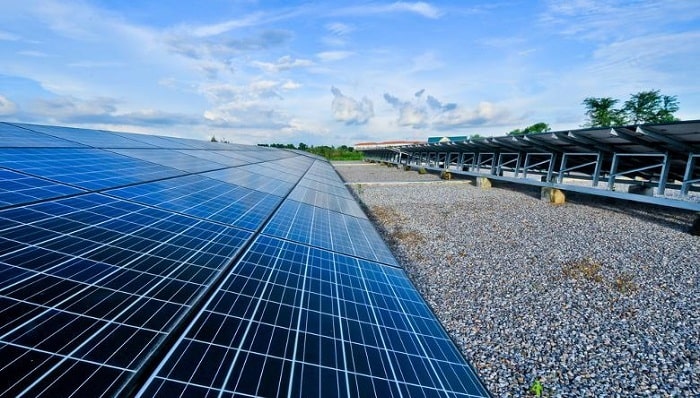A new system ‘Suns-Voc’ developed by a team of researchers from Arizona State University which can measure solar performance over the long term in scalable photovoltaic systems, is being considered as a breakthrough in the cost and longevity of interconnected power delivery.
Solar cells are only “current-voltage” tested in the lab before they are deployed in panels and systems outdoors but later the installations are never tested unless the system undergoes major issues. This test system, Suns-Voc, measures the system’s voltage as a function of light intensity in the outdoor setting, enabling real-time measurements of performance and detailed diagnostics so that if any issues arise can be resolved beforehand.
One of the researchers Alexander Killam from ASU highlighted that the research has developed a way to use Suns-Voc to measure solar panels’ degradation once they are outdoors in the real world and affected by weather, temperature and humidity. Current photovoltaic modules are rated to last 25 years at 80 percent efficiency. The goal is to expand that time frame to 50 years or longer. He also emphasized that this system of monitoring will give photovoltaic manufacturers and big utility installations the kind of data necessary to adjust designs to increase efficiency and lifespans. For example, most techniques used to measure outdoor solar efficiency require you to disconnect from the power delivery mechanism. The new approach can automatically measure daily during sunrise and sunset without interfering with power delivery..
According to Stuart Bowden, an associate research professor who heads the silicon section of ASU’s Solar Power Laboratory, it’s all about the data, especially when it can be monitored automatically and remotely — data for the bankers, developers, and utility providers. he said that if Bill Gates’ smart city, planned about 30 miles from Phoenix in Buckeye, Ariz., uses the team’s measurement technology, “It could become the IoT of Photovoltaics”.











































